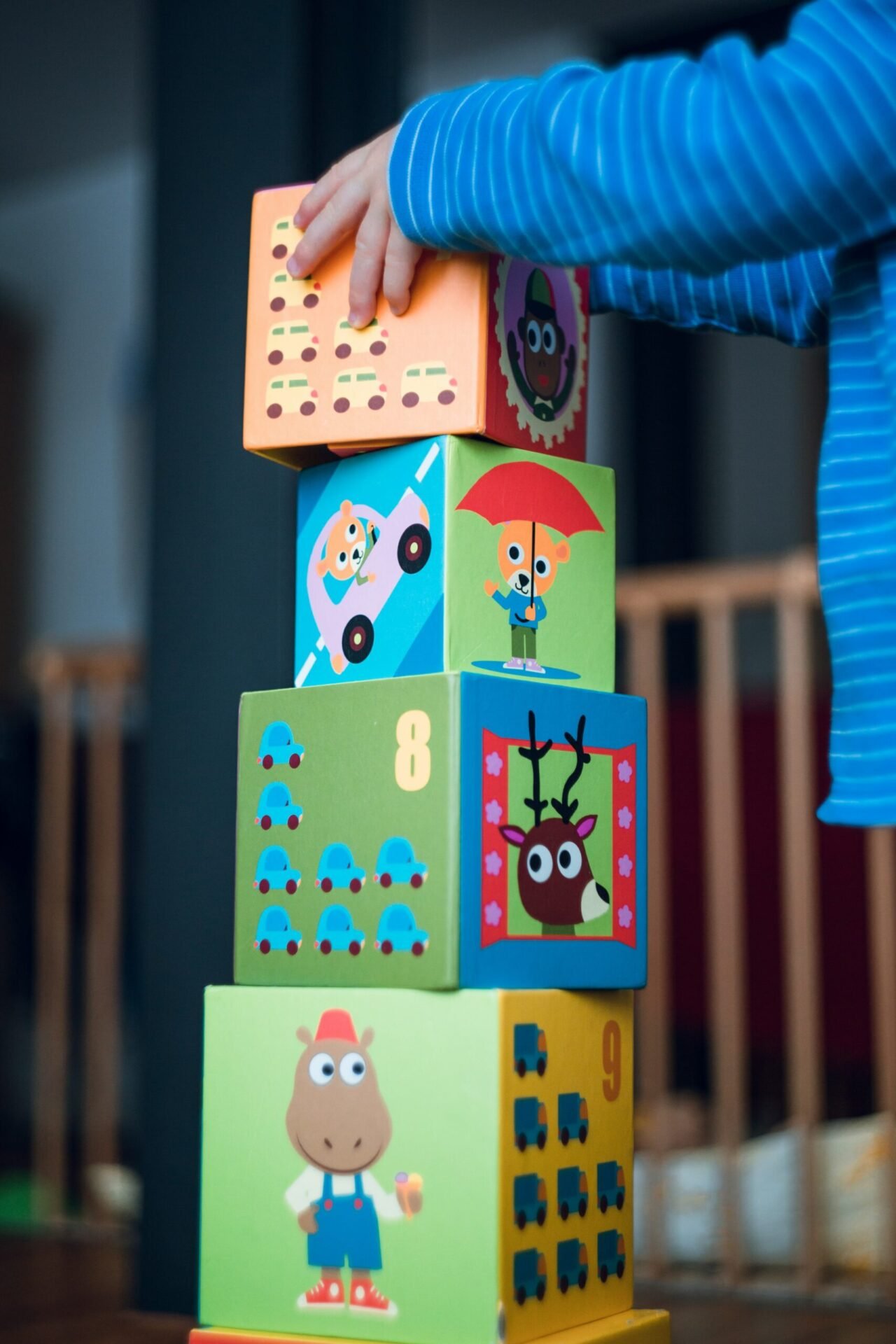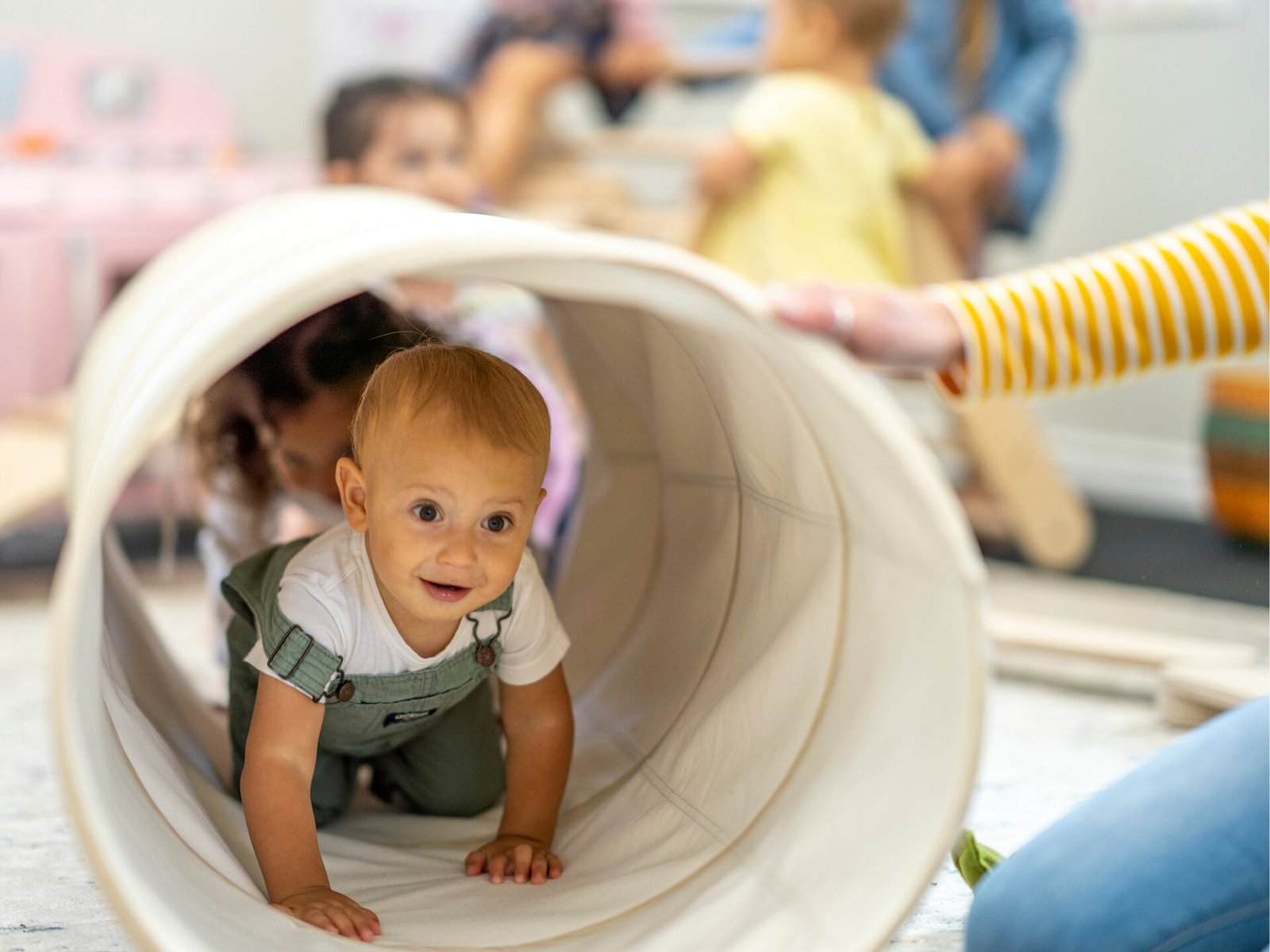Introduction to Play-Based Learning
Play-based learning is an essential pedagogical approach in child daycare settings, emphasizing the significance of play as a primary mechanism for learning. Through engaging in various forms of play, children develop critical cognitive, social, emotional, and physical skills that are foundational for their growth.
Benefits of Play in Early Childhood Development
Research has shown that play is not merely a leisure activity; it is a crucial component of childhood education. When children participate in imaginative play, they enhance their creativity and problem-solving abilities. This type of interactive learning fosters collaboration and communication skills, as children work alongside their peers. Additionally, play encourages positive emotional development; children learn to express their feelings and manage their reactions in a safe and supportive environment.
Implementing Play-Based Learning in Daycares
To effectively implement play-based learning within daycares, educators should create an enriching environment equipped with diverse resources. By incorporating various play activities—such as role-playing, art, and outdoor games—educators can captivate children’s interest and stimulate their passion for learning. Moreover, observation and guidance from caregivers help in shaping children’s play experiences to promote deeper understanding and skill mastery.
In conclusion, integrating play-based learning into child daycare not only enhances educational outcomes but also contributes to the holistic development of young children. By recognizing the value of play, we empower the next generation to thrive in an ever-changing world.




